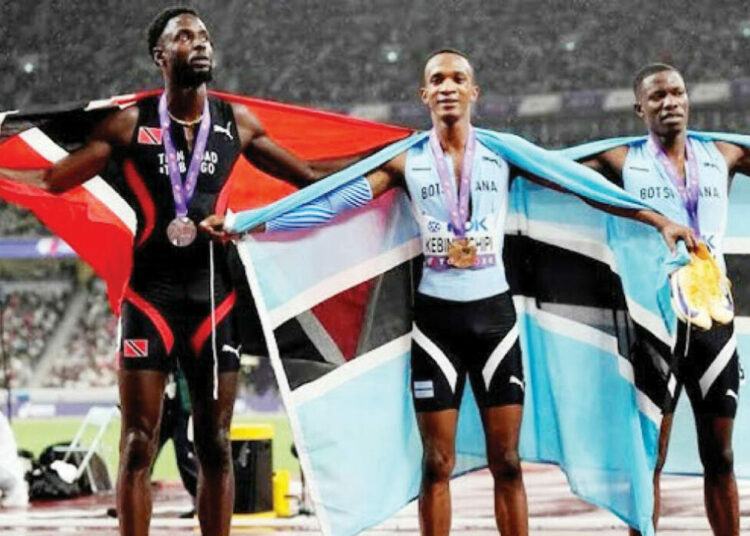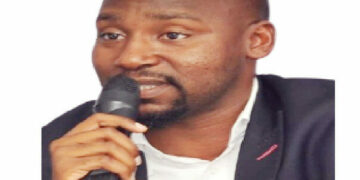Former Director-General of the National Broadcasting Commission (NBC) and esteemed journalist, Dr Danladi Bako, has voiced his disappointment with Nigeria’s performance in the just concluded 2025 World Athletics Championships in Tokyo, while praising Botswana for its impressive achievements.
The Tokyo games, which showcased an array of athletic talent over nine days, saw the global athletics community celebrate record-breaking performances and emerging champions. Bako remarked on the extensive commitment required from athletes, who dedicate considerable time, energy, and financial resources to training, often with the aid of top coaches and advanced facilities.
He contrasted Nigeria’s limited support for its athletes with the significant investments made by other nations. “Many countries prioritise the training and welfare of their top athletes through grants, scholarships, and reward systems,” he observed. “Unfortunately, such support remains scarce in Nigeria,” highlighting the challenges faced by developing nations, where education, health, and poverty often take precedence.
Bako lauded the unquantifiable benefits of investing in sports, noting how successful athletes can elevate a nation’s global standing and reputation. He cited the United States, which dominated sprints in the late 20th century, and Jamaica, known not only for its music but also for producing legendary sprinters. Most notably, he pointed to Botswana, a landlocked country with a smaller population than Lagos State, which achieved remarkable success by winning gold in the men’s 4×400 metre relay and securing additional medals at the Tokyo games.
In contrast, Nigeria only made its mark on the medals table through Tobi Amusan’s silver in the women’s 100 metres and commendable efforts from Ajayi in the men’s event. Bako reflected on the historical successes of Nigerian athletes, who once thrived in international competitions largely due to American university training structures. He lamented that current talents still rely on these systems, receiving minimal support from their own government.
Calling for urgent action, Bako urged Nigerian authorities to adopt effective strategies for athletic success, including establishing a growth enhancement programme for young athletes identified from national competitions, hiring world-class coaches, and improving facilities. He underscored the importance of enthusiastic and creative individuals in sports federations to turn Nigeria’s fortunes around.
He noted recent positive developments, including President Bola Tinubu’s resuscitation of the National Sports Commission and substantial funding directed towards sports. “We have a listening President who can restore our lost glory in sports,” Bako asserted, highlighting the urgent need for Nigeria to reclaim its status on the global athletic podium.
As the dust settles on the Tokyo Championship, the call for enhanced sporting frameworks in Nigeria remains clear, with Bako emphasising that timely investments in athletics can lead to both sporting success and a renewed national pride.





